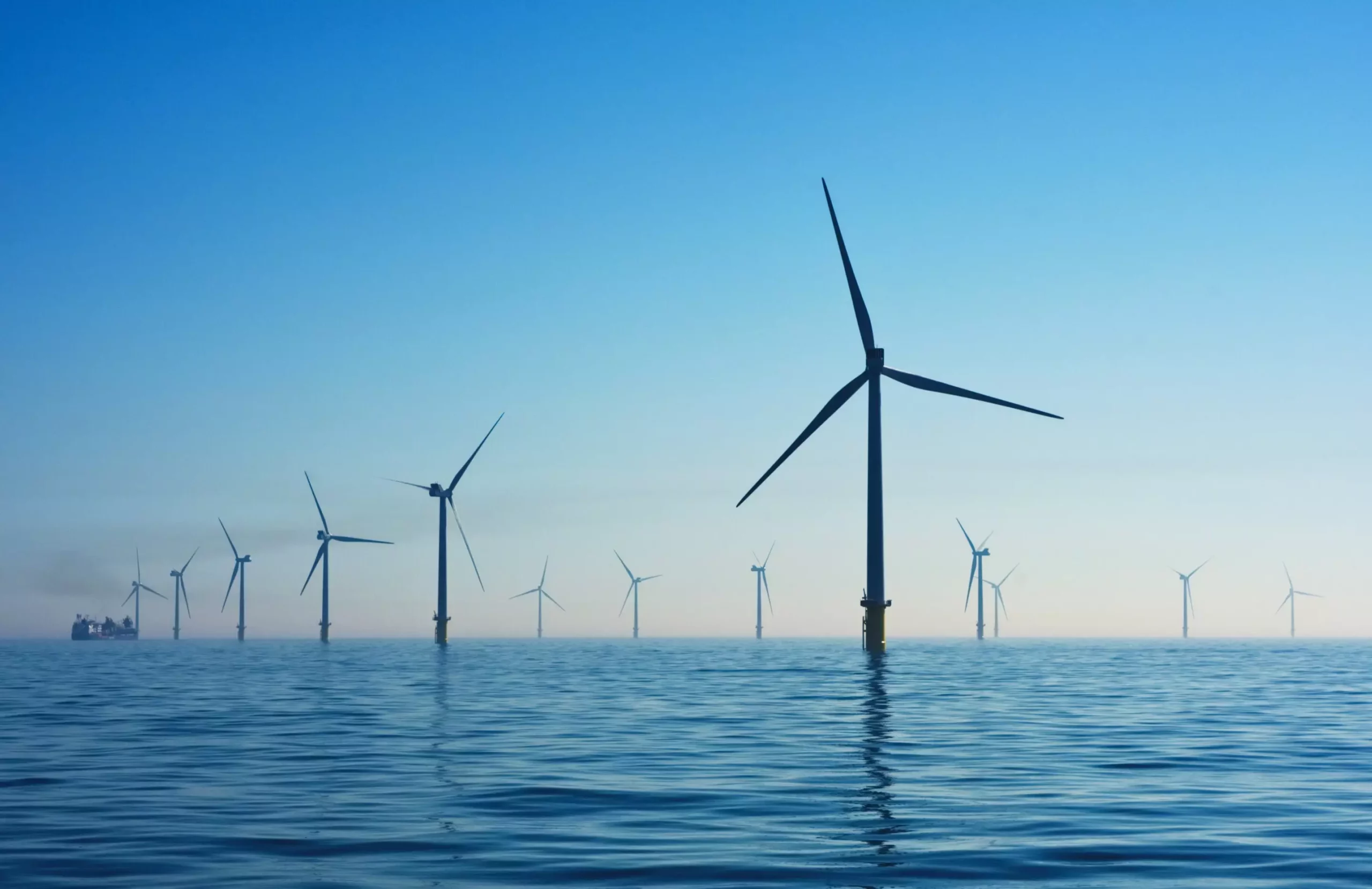Nantucket, a picturesque island known for its pristine beaches and rich maritime history, has recently found itself at the center of a contentious environmental debate. The repercussions of a catastrophic incident involving a Vineyard Wind turbine blade in July have catalyzed local residents, under the banner of ACK For Whales, to take actionable steps toward preserving their ocean ecosystem. They are challenging federal authorities over the hurried approval processes for offshore wind projects that supposedly disregard ecological assessments. Central to this dispute is the question of balancing renewable energy initiatives with the urgent need to protect endangered species, specifically the North Atlantic right whale.
On the backdrop of climate change, the push for renewable energy sources such as wind farms has gained unprecedented momentum. However, the residents of Nantucket argue that the rush to harness wind energy must not come at the expense of marine wildlife. The petition submitted to the Supreme Court reflects mounting concerns that the current government policies may be undermining the legal framework established by the Endangered Species Act (ESA). The community’s fight showcases both the urgency of environmental protection and the challenges that accompany the transition to renewable energy.
The legal contention surrounding the offshore wind projects pivots on the interpretation and enforcement of the Endangered Species Act. ACK For Whales contends that the federal agencies responsible for the 62-turbine wind farm have failed in their duty to protect endangered species by neglecting to utilize “the best available scientific and commercial data” in their analyses. Their frustration was compounded when the First Circuit Court of Appeals affirmed a lower court’s decision, limiting the scope of judicial review concerning federal agency interpretations.
ACK For Whales believes their case is pivotal not just for Nantucket but for the broader conversation about renewable energy development and its ecological implications. The organization argues that the government’s prioritization of expedient project approvals jeopardizes the fragile balance of marine ecosystems. This issue gained further prominence following the Vineyard Wind turbine incident, which exacerbated fears regarding the potential harm to the North Atlantic right whale, a species already teetering on the brink of extinction.
Federal Responses and Community Voices
In a stark response to local grievances, representatives from federal agencies, including the Department of the Interior, have insinuated that local fishermen and residents do not genuinely care about the plight of right whales. This dismissive stance has fueled distrust between the government and Nantucket’s community members, leading to a rallying cry for greater environmental stewardship. ACK For Whales has not only framed their court petition as a legal issue but also as a broader ethical imperative, emphasizing that government negligence could result in irrevocable harm to already endangered species.
Vallorie Oliver, president of ACK For Whales, has been a passionate advocate in articulating the community’s concerns about the government bypassing critical ecological assessments. In her statements, she accused federal authorities of prioritizing political agendas over the welfare of marine life, accusing them of tailoring their analyses to facilitate expedient approvals of projects that could have foreseeable adverse impacts.
The legal arguments surrounding the case have implications that extend beyond the shores of Nantucket. As the Judiciary’s stance toward federal administrative agency interpretations is under scrutiny, the recent Supreme Court decision in Loper Bright may serve as a precedent for future cases regarding environmental policy and wildlife protection. ACK For Whales’ attorney, Nancie Marzulla, points to this ruling as a pivotal moment that reasserts the judiciary’s role in overseeing federal interpretations of statutory requirements. Such developments could signal a turning point in how courts address environmental and renewable energy issues moving forward.
Moreover, the growing discontent among local residents highlights the need for more inclusive and transparent decision-making processes in renewable energy initiatives. The issues raised by residents of Nantucket are emblematic of a larger national conversation about sustainability, environmental protection, and community involvement in energy planning.
As ACK For Whales stands at the intersection of community advocacy and environmental protection, their plea to the Supreme Court reverberates far beyond Nantucket. The outcome of their case may shape not only the future of offshore wind projects but also establish critical legal standards for the protection of marine ecosystems amid escalating demands for renewable energy solutions. The voices of concerned residents are a reminder that the pursuit of progress must proceed hand in hand with a steadfast commitment to preserving our planet’s biodiversity.

